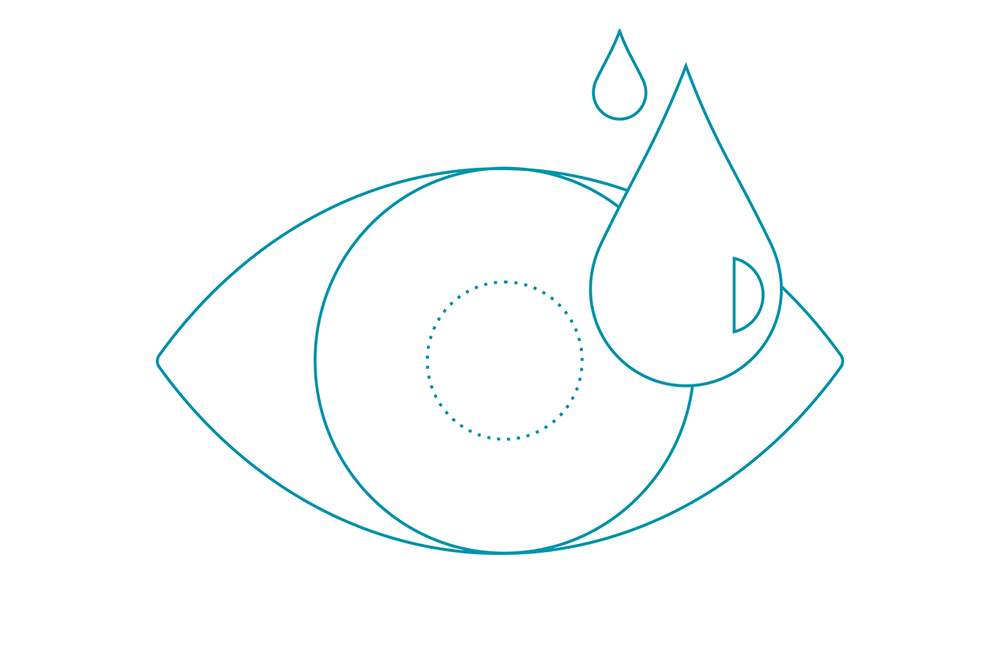Behavior after Eye Surgery
- Avoid rubbing your eye in the first few weeks after surgery. Occasional itching or a foreign body sensation in the operated eye is normal in the first few weeks after eye surgery and will improve over time on its own. By using lubricating eye drops ("artificial tears"), you can alleviate these symptoms. However, if you experience severe or persistent pain, an immediate eye examination is recommended.
- Please note that you should not participate in active road traffic after eye surgery until you have consulted with your eye doctor.
- You may cleanse your eyelids and the area around your eyes. However, please be careful not to press on your eye. Warm water and a clean washcloth are best for this purpose.
- You may cleanse your eyelids and the area around your eyes. However, please be careful not to press on your eye. Warm water and a clean washcloth are best for this purpose.
- Showering, bathing, and washing your hair is generally possible after surgery. However, for the first two weeks, please avoid getting water, soap, or shampoo directly into your eye. If water accidentally enters your eye, there is no need for alarm. Wound healing is usually complete after 6-8 weeks.
- In general, you may resume your normal daily activities without restrictions after your surgery. You may bend, perform normal household tasks, and engage in gymnastic or yoga exercises. However, in the first two weeks following surgery, you should avoid swimming pools, saunas, and excessive physical exertion. Typically, there are no more physical restrictions after approximately two weeks post-surgery. If you are uncertain about performing a specific activity or sport, please consult your ophthalmologist.
- Follow-up appointments with your ophthalmologist will be scheduled based on your individual examination findings and the specific procedure performed. If you experience any unexpected problems, please contact your eye doctor immediately.
If you notice any of the following, call your eye doctor right away...
- Your vision suddenly gets worse.
- You have persistent pain in the operated eye.
- Your vision in the operated eye gets worse over time instead of improving.
- You see floaters, flashes of light, or a shadow.
- Your operated eye becomes severely red.


Eye Drop Administration
Please note the following points when using eye drops:- Avoid touching the tip of the dropper bottle with your eyelashes or fingers.
- Unpreserved single-use doses can be used in both eyes once. However, a new single-use dose must be used for each subsequent application.
- If you are unsure whether a drop has entered your eye, you may safely apply another drop. Excess fluid will drain out, making an overdose unlikely.
- If you are using multiple types of eye drops, wait at least five minutes between applications to prevent one drop from diluting another.
- After eye surgery, use only the newly prescribed eye drops. Continue using your regular eye drops and ointments in the unaffected eye. If you have any questions, consult your eye doctor.
- If you experience any foreign body sensation or burning in your eye after surgery, unpreserved artificial tears can usually be used to relieve discomfort.

